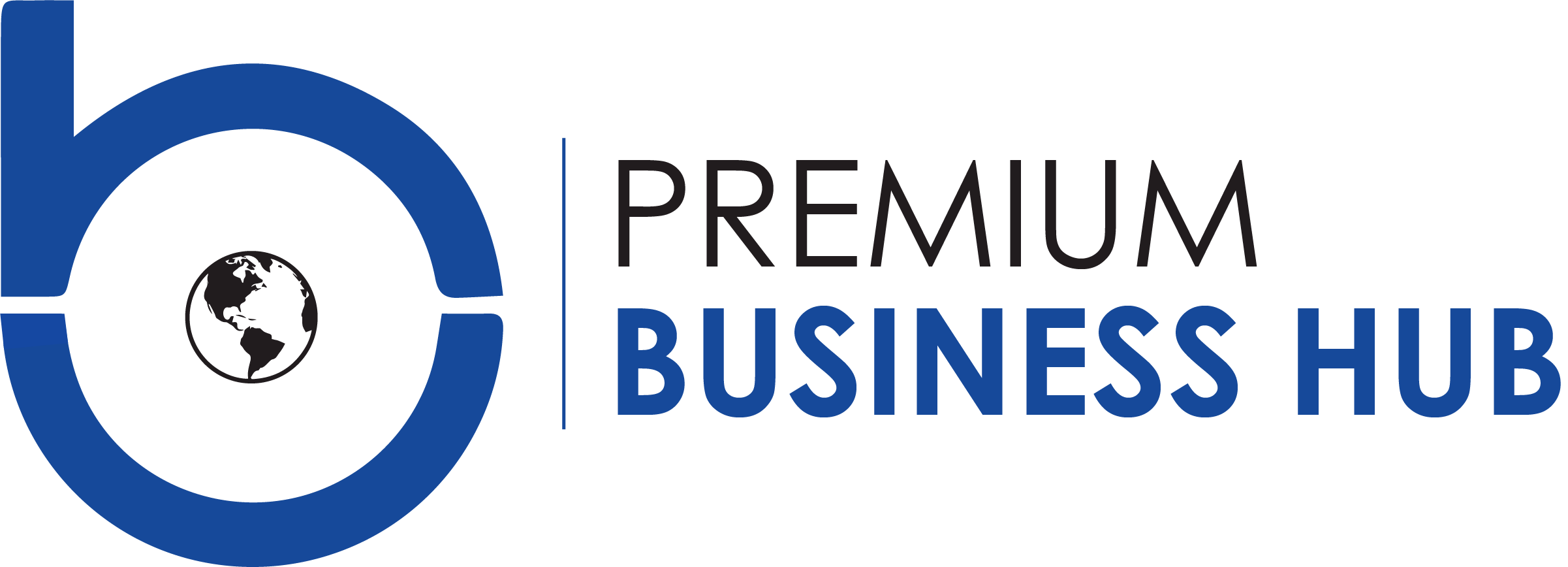The Role of Nutrition in Eye Health According to Uptown Eye Specialists

Introduction
Our eyes are our windows to the world, allowing us to experience the beauty around us. Yet, many of us overlook the importance of maintaining good eye health. Just like any other part of our body, our eyes need proper care and nourishment to function at their best. In this blog post, we’ll explore how nutrition plays a crucial role in eye health and provide some practical tips on how you can protect your vision with the right diet. Let’s take a closer look at the insights provided by Uptown Eye Specialists.
Understanding Common Eye Conditions
Before we dive into the role of nutrition, it’s important to understand some common eye conditions:
- Cataracts: Clouding of the eye’s lens leads to blurry vision.
- Glaucoma: Damage to the optic nerve, often caused by high eye pressure.
- Age-related Macular Degeneration (AMD): Deterioration of the central portion of the retina, impairing the ability to see fine details.
- Dry Eyes: Lack of sufficient lubrication on the eye’s surface, causing discomfort and vision problems.
These conditions can significantly impact daily activities and overall quality of life, making it essential to prioritize eye health.
The Role of Nutrition in Eye Health
Nutrition is a key player in maintaining good eye health. Just as certain nutrients can benefit your heart or bones, specific nutrients support the health of your eyes. Eating a well-balanced diet can help prevent eye conditions and maintain clear, sharp vision.
Essential Nutrients for Eye Health
Vitamins and Minerals
- Vitamin A: Essential for maintaining a clear cornea, the outer covering of your eye. Vitamin A also plays a role in preventing night blindness.
- Sources: Carrots, sweet potatoes, spinach, and kale.
- Vitamin C: An antioxidant that helps protect your eyes from damage caused by free radicals. It also supports the health of blood vessels in your eyes.
- Sources: Citrus fruits, strawberries, bell peppers, and broccoli.
- Vitamin E: Another powerful antioxidant that protects the eyes from free radical damage.
- Sources: Nuts, seeds, and green leafy vegetables.
- Zinc: A mineral that helps vitamin A create melanin, a protective pigment in the eyes.
- Sources: Oysters, beef, pumpkin seeds, and lentils.
- Omega-3 Fatty Acids: These essential fats help maintain the health of the retina and may prevent dry eyes.
- Sources: Fish (like salmon and mackerel), flaxseeds, and walnuts.
Eye-Healthy Foods
Incorporating foods rich in these nutrients can make a big difference in your eye health:
- Carrots: Packed with beta-carotene, a type of vitamin A that helps prevent night blindness.
- Spinach and Kale: High in lutein and zeaxanthin, antioxidants that reduce the risk of chronic eye diseases.
- Citrus Fruits: Oranges, lemons, and grapefruits are great sources of vitamin C.
- Nuts and Seeds: Almonds and sunflower seeds provide vitamin E.
- Fish: Salmon and mackerel are rich in omega-3 fatty acids.
- Pumpkin Seeds: A tasty snack that offers a good amount of zinc.
Tips for Incorporating Eye-Healthy Foods
- Start Your Day Right: Add spinach to your morning smoothie or make an omelet with plenty of vegetables like tomatoes and bell peppers.
- Snack Smart: Keep a mix of nuts and seeds handy for a quick snack packed with vitamin E and zinc.
- Salad Days: Make colorful salads with a variety of vegetables including carrots, kale, and bell peppers. Top with citrus fruits for an extra vitamin C boost.
- Fish Fridays: Plan a fish meal once or twice a week. Grilled salmon or mackerel can be both delicious and beneficial for your eyes.
- Sweet Treats: Incorporate fruits like strawberries and oranges as desserts or snacks.
- Read also: The Importance of Early Detection: How Optometry Clinics Help Manage Eye Health
The Significance of a Balanced Diet
While focusing on these specific nutrients is important, remember that overall balance is key. A diet rich in colorful fruits and vegetables, whole grains, lean proteins, and healthy fats ensures that you get a wide range of nutrients that contribute to overall health, including eye health.
Maintaining a Healthy Lifestyle
Good nutrition is just one piece of the puzzle. A healthy lifestyle can further support your eye health:
- Stay Hydrated: Drink plenty of water to keep your eyes hydrated and reduce the risk of dry eyes.
- Exercise Regularly: Regular physical activity improves blood circulation, which benefits your eyes by increasing oxygen levels and removing toxins.
- Limit Screen Time: Take regular breaks and follow the 20-20-20 rule (every 20 minutes, look at something 20 feet away for at least 20 seconds) to reduce eye strain.
- Wear Sunglasses: Protect your eyes from harmful UV rays when you’re outdoors.
The Importance of Regular Eye Check-ups
Even with the best diet and lifestyle habits, regular eye check-ups are essential. Professional eye care can detect issues early and provide personalized advice to keep your eyes healthy. Uptown Eye Specialists recommend annual eye exams to monitor your vision and catch any problems before they become serious.
Conclusion
Maintaining good eye health is essential for enjoying life to the fullest, and nutrition plays a vital role in this. By incorporating eye-healthy foods into your diet and leading a balanced lifestyle, you can protect your vision for years to come. Don’t forget to schedule regular eye check-ups with Uptown Eye Specialists to ensure your eyes stay in top condition. Prioritize your eye health today and enjoy a clearer, brighter tomorrow!




